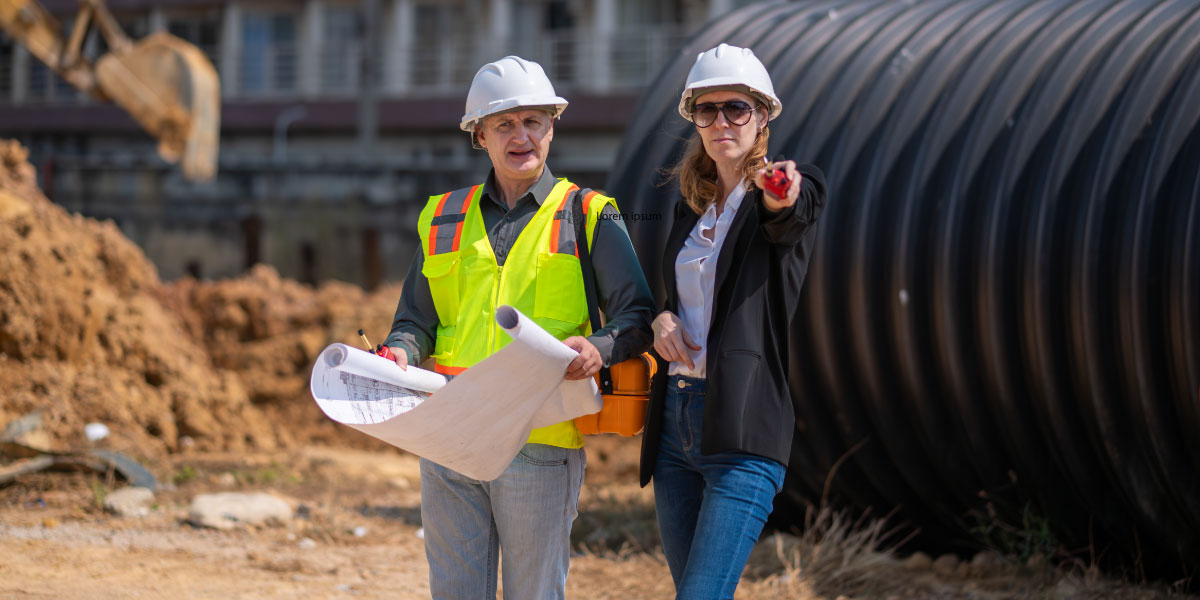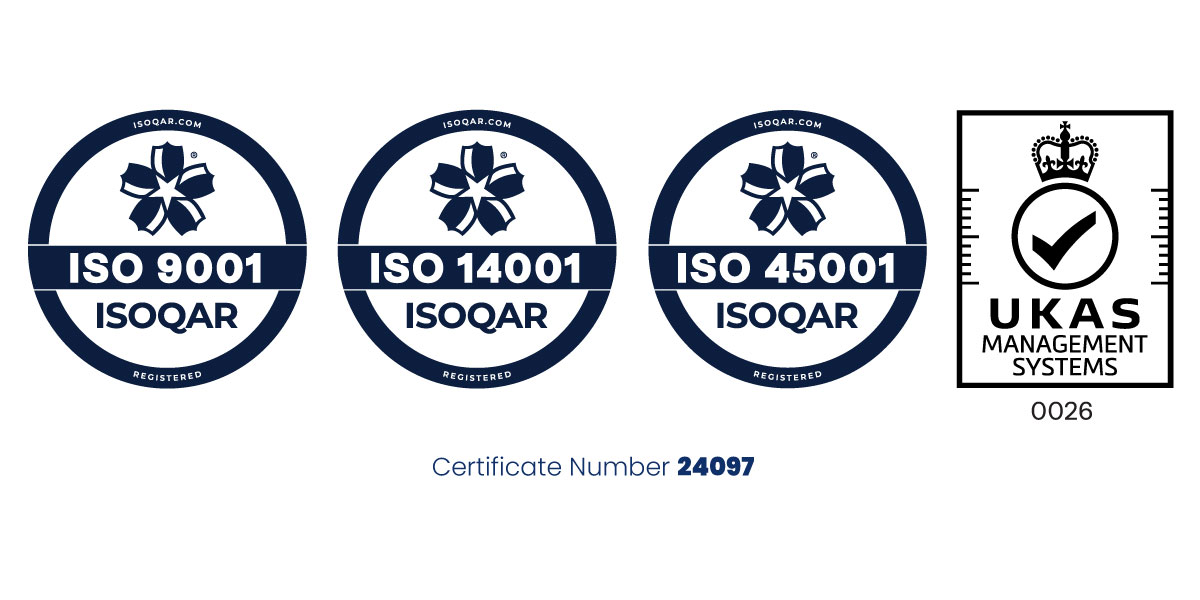The Piper Alpha oil platform disaster, which occurred on July 6, 1988, remains one of the deadliest offshore oil catastrophes in history. The incident claimed 167 lives and caused approximately £1.7 billion in damages. This figure encompasses the direct financial losses from the destruction of the platform, lost production, and compensation claims. The disaster also resulted in significant indirect costs, including legal expenses, regulatory fines, and the costs associated with extensive reviews and overhauls of safety practices across the industry. The tragedy underscored critical flaws in safety management and emergency preparedness, providing valuable lessons for health and safety professionals. This case study examines the events leading up to the disaster, its causes, and the subsequent impact on safety regulations and practices in the oil and gas industry.
Background
Piper Alpha was a large North Sea oil production platform operated by Occidental Petroleum (Caledonia) Ltd. Commissioned in 1976, it produced oil and gas through a complex network of machinery and pipelines. Despite its initial design for oil production, Piper Alpha was later modified to include gas production, adding complexity to its operations.
The Disaster
On the evening of July 6, 1988, routine maintenance work was being conducted on a critical piece of safety equipment: a pressure safety valve on one of the platform’s gas condensate pumps. A crucial error occurred when the valve was removed for maintenance, but the night-shift crew was not properly informed that the pump should not be restarted.
Sequence of Events:
- Initial Explosion: At around 10 PM, the night-shift crew mistakenly restarted the pump. Gas condensate leaked from the open valve flange, leading to the first explosion.
- Escalation: The explosion ruptured oil lines, causing a massive fire. The platform’s deluge system, designed to release water to extinguish fires, was not fully operational due to maintenance issues. The fire spread rapidly, fueled by oil and gas.
- Secondary Explosions: Explosions continued as the fire ignited gas pipelines connecting Piper Alpha to other platforms. The interconnected pipelines meant the disaster extended beyond Piper Alpha, involving nearby platforms.
- Evacuation and Rescue: Communication failures and panic hampered evacuation efforts. Many crew members were trapped, and rescue operations were severely hindered by the intensity of the fire and explosions.
Causes
The Cullen Inquiry, led by Lord Cullen, identified several key factors contributing to the disaster:
- Inadequate Maintenance and Safety Procedures: The permit-to-work system failed, as critical information about the status of the pressure safety valve was not communicated.
- Insufficient Emergency Response Plans: The platform’s emergency response plan was inadequate. Lifeboats were destroyed by the fire, and the helicopter deck was unusable.
- Design and Safety System Failures: Modifications to the platform’s design increased complexity without adequate consideration of safety. The deluge system was under maintenance and thus ineffective during the disaster.
- Regulatory Oversight: Regulatory frameworks at the time did not enforce stringent safety standards. The disaster highlighted the need for comprehensive safety regulations and effective oversight.
Impact on Safety Regulations
The Piper Alpha disaster led to significant changes in the regulatory landscape for offshore oil and gas operations. Key changes included:
- Safety Case Regime: The UK introduced the Safety Case Regulations, requiring operators to submit detailed safety cases demonstrating their ability to manage major hazards.
- Improved Permit-to-Work Systems: Enhanced procedures for managing maintenance work, ensuring clear communication and proper documentation of safety-critical equipment status.
- Emergency Preparedness: Increased emphasis on robust emergency response plans, regular drills, and effective evacuation procedures.
- Independent Safety Assessments: Establishment of independent verification schemes to ensure the integrity and safety of offshore installations.
- Enhanced Training: Greater focus on training for both operational staff and emergency response teams to handle complex safety scenarios.
Lessons for NEBOSH Candidates
The Piper Alpha disaster offers several crucial lessons for health and safety professionals:
- Effective Communication: Ensure robust communication systems are in place to relay critical information across shifts and departments.
- Comprehensive Safety Management Systems: Develop and maintain rigorous safety management systems, including detailed permit-to-work processes and regular safety audits.
- Emergency Preparedness: Regularly review and update emergency response plans, conduct frequent drills, and ensure all staff are familiar with evacuation procedures.
- Regulatory Compliance: Stay informed of regulatory requirements and ensure compliance through regular inspections and independent safety assessments.
- Continuous Improvement: Foster a culture of continuous improvement in safety practices, learning from past incidents and near-misses to enhance overall safety.
Conclusion
The Piper Alpha disaster was a tragic reminder of the catastrophic consequences of inadequate safety management in the oil and gas industry. For health and safety professionals, it underscores the importance of rigorous safety protocols, effective communication, and continual improvement in safety practices. By learning from such disasters, the industry can work towards preventing future tragedies and ensuring a safer working environment for all.





